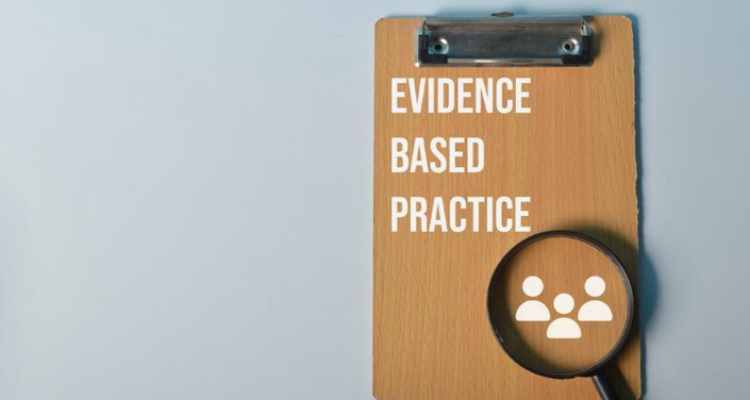It is no secret that there are some professions that you can go into even if you don’t qualify for them in terms of education. For example, a person who learns coding and programming can end up working as a digital marketer at some company because it is the kind of job one can learn on the go. However, there are certain jobs that you can’t venture into if you don’t have the proper qualifications, such as healthcare jobs. You can’t just become a doctor or a nurse if you don’t study the relevant degrees prior to starting work.
Even when you do become a nurse, many experts are of the opinion that following evidence-based practice (EBP) in healthcare is the perfect way to go about it. Before we discuss more on this topic, let’s first establish what EBP actually is.
What is evidence-based practice?
As the name suggests, evidence-based practice is basically the use of research and proven results to make healthcare decisions for different patients. This means that before administering the required care to a patient, the nurse first has to do some research work to come up with a solution that is both acceptable to the patient and is also backed up by promising results and evidence.
Many professionals use this method to deliver care to patients because it leaves very little room for error. After all, nurses play a huge role when it comes to the future of healthcare as we know it, and employing EBP is part of that.
Do all hospitals use EBP?
Despite there being a lot of potential in the practice, not every hospital or healthcare organization uses EBP as a part of their work. The biggest reason for not being able to implement evidence-based practice is resistance from the nurses. Nurses resist change because they are used to working a certain way and because sufficient training and mentoring are needed to understand and utilize EBP. When there aren’t any good mentors available, the nurses feel reluctant towards adapting to the methodology.
Benefits of evidence-based practice
Aside from the staunch research work that goes into it, there are other benefits of evidence-based practice:
- Patient Safety
EBP makes it possible to deliver the best possible care to a patient which directly increases the chances of keeping them safe. Many patients come in with complicated health problems so administering a method of care that is backed up with evidence is the right thing to do.
- Improved Credibility
Patients are less likely to hold hospitals and clinics accountable should their condition turn negative because all the measures that are taken in light of EBP are based on authentic research. Moreover, the stakeholders are kept in the loop of the methods being used. In fact, EBP actually boosts accountability and transparency in an organization as only the most meticulously researched methods are selected for use.
- Reduced Costs
Evidence-based practice can also reduce the overall costs which are involved in a healthcare facility because only tried and tested methods are put to use to take care of patients. There is no need for high-cost treatments or even too many trials because there is a guided direction to go about things.
- Patient-Centric
The focus of the EBP is patient satisfaction. Whatever is done to provide the best care to a patient is thoroughly discussed with them in advance and only with their consent do the nurses move forward. So you can say in this method, the patient gets to have a certain degree of control as to how the prognosis is dealt with.
- Quality
Over time, the healthcare industry has flourished with best practices. The kind of technology and mechanisms we have now to treat so many diseases and injuries were impossible to find just a few decades back. EBP largely contributes to improving the quality of healthcare being offered to people.
Should EBP be Practiced Everywhere?
The simple short answer to this question as per many health experts is, absolutely yes. Because of all of the reasons that have been discussed above, EBP is a great method to ensure the best possible care is given to patients suffering from different diseases. It is a solid way to ensure that with the changing dynamics of the industry, the onset of newer technologies, and new discoveries, patient care remains the number one priority of healthcare providers.
It is a common belief that EBP might be a bit restrictive to a professional’s freedom in choosing the best way to go forward. The opposite is true; because everything is backed up by evidence, all the available options are ones that can deliver the best results. Besides, no matter what sort of cultural, religious, or even ethnic background a patient comes from, this method of care involves their input, thereby giving nurses and doctors more freedom to treat patients. Naturally, it takes more than a couple of days to change the way things are done. Evidence-based practice will take a lot of discipline to fully integrate, but as long as different hospitals and clinics are moving in this direction, the revolution is not too far away.
Conclusion
If evidence-based practice isn’t the norm at your organization, you should try and bring this up with the management to get it incorporated into the work. Sure, it will take a lot of time and effort to get used to the change, but it will be worth it. EBP will be good for the future of the hospitals, the healthcare providers, and most importantly, for the patients needing care.

